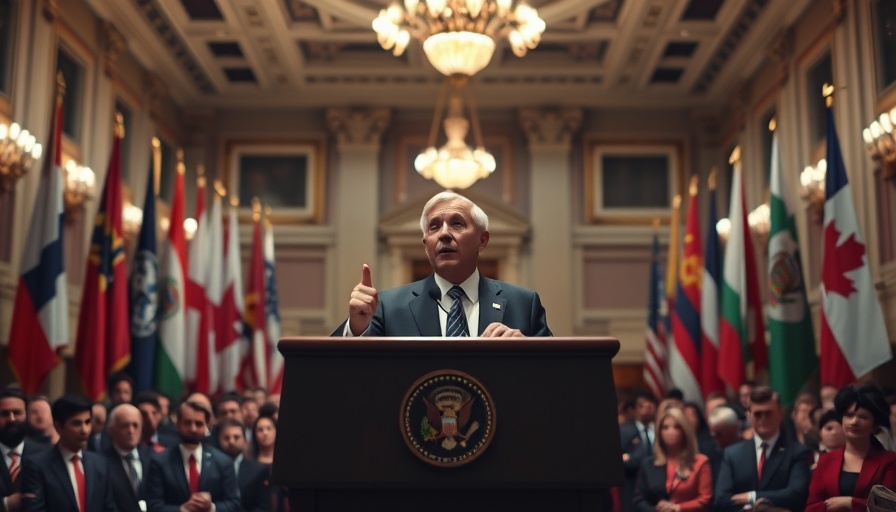
Understanding Putin's Perspective on Ukraine
In the ongoing conflict between Russia and Ukraine, President Vladimir Putin portrays his stance as one deeply rooted in grievance and a longing for past glory. This lens, shaped by history, nationalism, and a sense of loss, drives much of his policy and rhetoric. Examining this perspective helps to illuminate the complexities of the situation and the motivations behind the Kremlin's actions.
Historical Context: A Feared Legacy
Putin's vision of Ukraine can be traced back to the historical narratives surrounding the Soviet Union's dissolution in 1991. Many Russians, including Putin himself, viewed this moment as a humiliating loss. The annexation of Crimea in 2014 was partly justified by Putin as a necessary step to reclaim what was historically considered Russian land. This grievance is deeply intertwined with national identity and pride, adding a layer of emotional weight to the conflict.
Social Connections: The Value of National Pride
The feelings of grievance and lost glory resonate not only with Putin but with many Russians who cling to the nostalgia of a powerful Soviet era. For them, Ukraine's move towards the West is seen as a betrayal. Understanding this social undercurrent is vital as it shapes public opinion and supports the Kremlin's narrative.
Counterarguments: Alternative Views from Within Russia
However, it is essential to recognize the diverse perspectives that exist among the Russian population. Some citizens express a critical view of Putin's actions, questioning the economic and humanitarian costs of the conflict. These voices advocate for diplomacy and peaceful resolutions rather than military confrontation, highlighting an internal struggle within Russia regarding national identity and future direction.
Future Trends: A Potential Shift in Russian PolicyAs the war drags on, possible shifts in Russian policy could emerge. Economic sanctions and international isolation may force the Kremlin to reconsider its stance. Future generations heavily influenced by global perspectives and technological connectivity may challenge or redefine nationalism, seeking a more cooperative relationship with neighboring countries.
Practical Insights: Lessons for Global Diplomacy
This ongoing conflict serves as a reminder of the importance of understanding historical grievances in global diplomacy. Recognizing the motivations behind nationalistic sentiments can lead to more effective negotiations. It emphasizes that addressing these root causes may be essential for achieving lasting peace in the region.
If You Were Ukrainian or Russian: Reflecting on the Human Cost
For ordinary citizens caught in the crossfire, the war brings an array of fears and uncertainties. Families are torn apart, livelihoods disrupted, and communities increasingly polarized. Exploring human stories behind the conflict reveals a profound human cost that transcends politics, making it clear that peace is a more favorable path for all involved.
 Add Row
Add Row  Add
Add 




Write A Comment